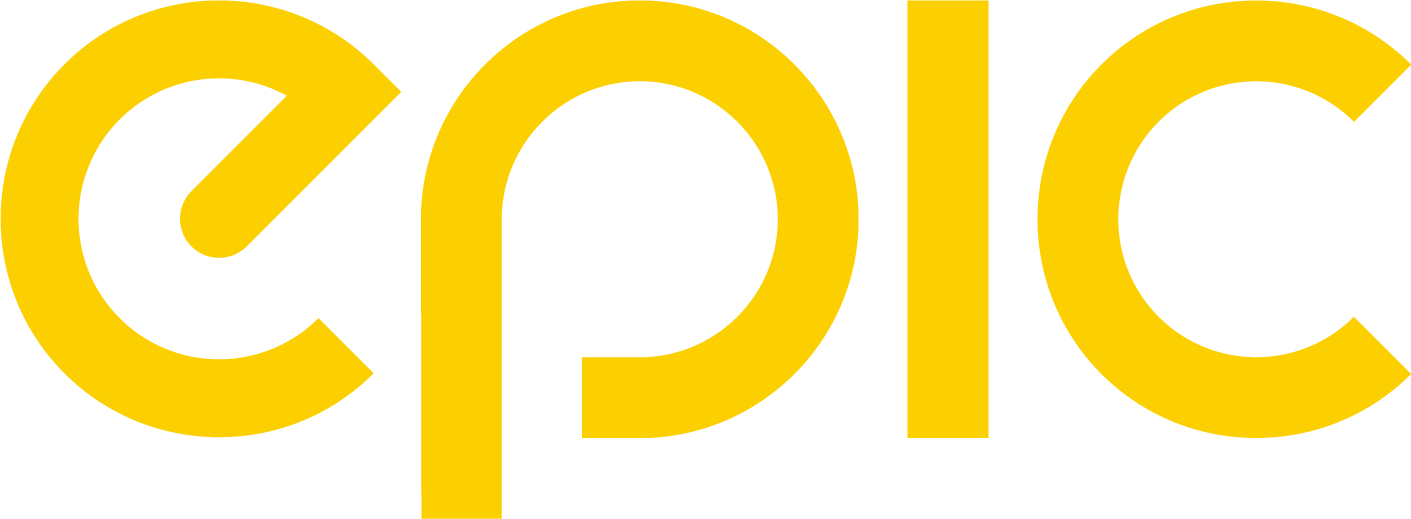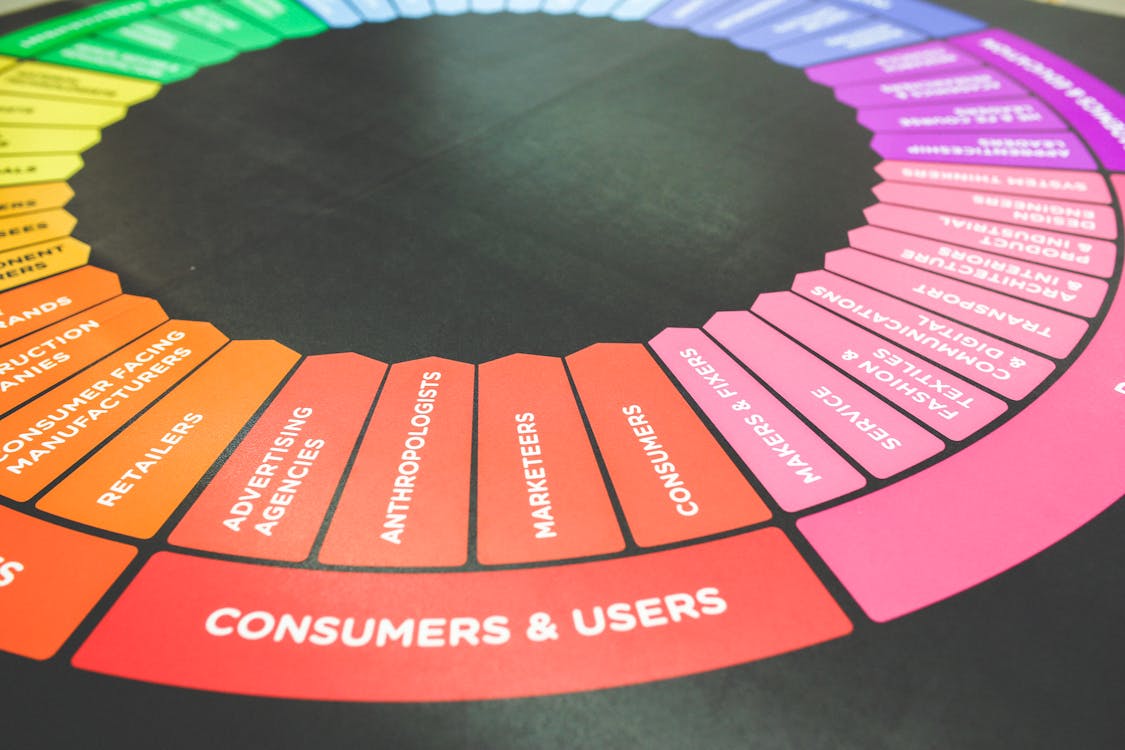What is it that makes a good ad? Is it the pictures/video? Is it what is written or said? Is it the creative elements that cause you to feel something after you have been exposed to it?
We believe that a good ad is one that is written and designed to emotionally connect with its target audience. Once connected, your ad’s rhetoric strongly persuades its consumer to want the product or service. The individual recognizes a need for it and feels a sense of urgency until the purchase is made.
Nonetheless, this is all easier said than done. When you’re competing for ad space in 2017 there’s little vacancy for mediocrity. Anything short of disruptive or highly targeted ends up falling short. Here are some ad related statistics that will acquaint you with the advertising industry of today–
-In 2015, digital ad blocking grew globally by 41%.
-Approximately 90% of TV viewers report, “always skipping” ads on DVR.
–Adobe reports that only 8% of people pay attention to online ads, 16% for radio ads and 14% for billboards. Ads in apps and games bottomed-out at 5%.
There are a wide range of ad styles and each are appropriate depending on the product or service that is being offered. With that in mind, here are some things that, if done correctly, will improve the quality and response to your next ad:
Compelling Hi-Res Visuals

After experimenting with the effectiveness of online imagery, Dan Zarrella of Hubspot, reported that, “[A] 37% increase in engagement [was] experienced when Facebook posts include[d] photographs.”
Visuals are one of the first things people look at when viewing an advertisement. In advertising, the old adage, “a picture is worth a thousand words” really fits. For example, you can probably think of some advertisements you’ve seen that are mainly just an image with little text. The ad visual should complement the ad headline, copy, and overall message.
Take a look at how we optimized images and responsiveness for a client website to increase web form conversions by 550%.
Effective Headline

Without question, digital advertisers are in the business of capturing attention. Though you may have put hours, weeks or even months into prepping the content that’s behind the click, your headline is what must compel them to do so.
In regards to the average Google searcher, Forbes reports, “it now takes people on average about eight or nine seconds to find the result they want.”
Moz also reports, “80% of readers never make it past the headline.”
We naturally search the internet with impulsiveness and impatience. When it comes to search engines, we’re anxious to get from A to B as fast as possible. We reserve our consciousness and focus for our destination and not the journey. So it would make sense that we ought to create headlines that cater to our naturally click-happy audience.
Because headlines are implicitly the first thing your viewer pays attention to, your headline should be attention-grabbing but should also encompass the overall message in a short sentence. Headlines can be thought-provoking, strictly informative, humorous, etc., but effective headlines have one thing in common: they all leave their reader wanting more.
Well-written Copy

If your headline and visuals have been effective enough to keep viewers reading, well-written copy will be the next aspect of your ad that will compel viewers to take action. If Moz’s report about 80% of users never making it past the headline is true, that means, if we read between the lines, 20% of users do make it past the headline.
So what now? Ad copy should be creative, concise and easy to read but also have compelling and relevant content. Avoid using jargon or excessive information that doesn’t contribute directly to the overall message of the advertisement.
Calls the Viewer to Action
Without a strong call to action, your advertisement probably won’t get the results you’re expecting it to. A call to action is defined as something in the ad that gives them an incentive to call or contact you now. Your ad’s call to action should be well thought out and defined. Make sure that your contact information is clearly visible and not surrounded by clutter. Though you may feel it’s important that your visitors become informed, have a positive branding experience with your company or visit a high number of pages, remember you ultimately created your ad so people can convert.
See how we helped a new york city client achieve 386 unique first-time callers in a single month.
Here are some key factors to consider when crafting your CTA-
– More than 90% of visitors who read your headline also read your CTA copy.
– Making CTAs look like buttons created a 45% boost in clicks for Create Debate.
– Emails with a single call-to-action increased clicks 371% and sales 1617%.
Overall, great advertisements connect to their audience and provide memorable, informative, and compelling content that get viewers respond to the call to action. Need help creating great ads? Contact Epic Marketing to find out how we can successfully boost your digital marketing campaign with great ads.



 Starting your own company or managing one is often accompanied by a dose of egoism. It’s difficult to look at your product or service offering from a truly objective perspective because of how much you have invested. Market analysis forces companies to look inward and ask, “Why would consumers come to us?”
Starting your own company or managing one is often accompanied by a dose of egoism. It’s difficult to look at your product or service offering from a truly objective perspective because of how much you have invested. Market analysis forces companies to look inward and ask, “Why would consumers come to us?”




